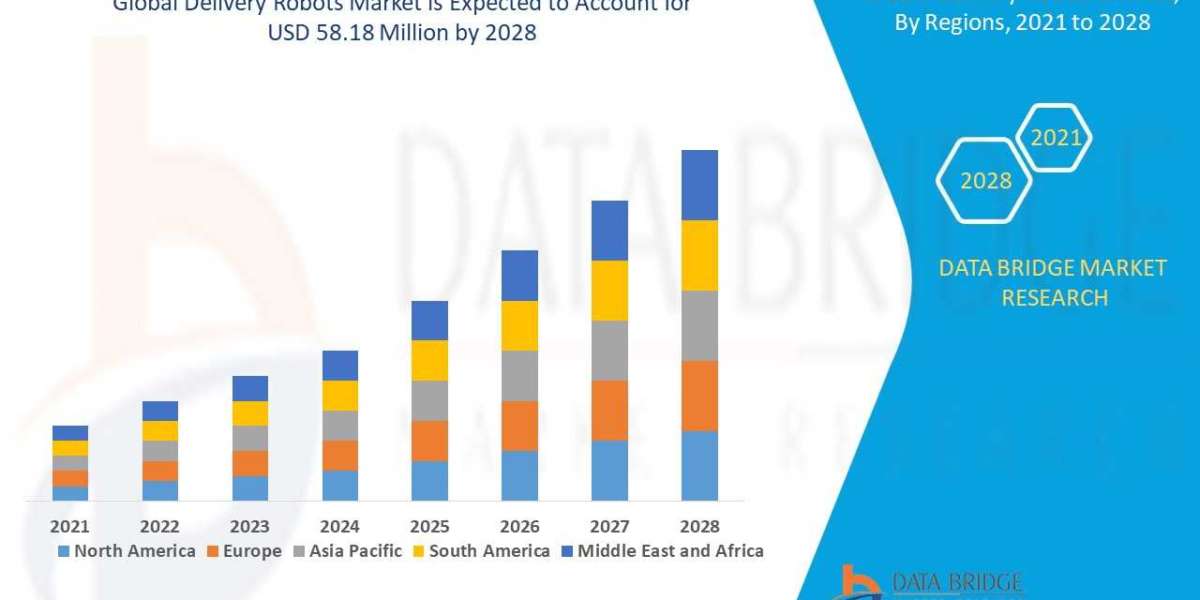Getting your website to appear in Google's search results is crucial for its success. The process of making your website searchable on Google involves search engine optimization (SEO) strategies. In this comprehensive guide, we'll walk you through the essential steps to ensure that your website is discoverable by Google and ranks well in search results.
Create High-Quality, Relevant Content
The foundation of any successful SEO strategy is high-quality, relevant content. Google's primary goal is to provide its users with the best and most relevant information. To make your website searchable on Google, you must create content that addresses your target audience's needs and interests.
- Conduct thorough keyword research to identify the terms and phrases your audience is searching for.
- Develop in-depth and well-researched content that provides value and answers questions.
- Use a variety of content types, including blog posts, articles, videos, infographics, and more, to cater to different user preferences.
Optimize On-Page SEO Elements
On-page SEO involves optimizing elements on your website to improve its visibility in search results. Pay attention to the following on-page SEO elements:
Title Tags: Craft compelling and keyword-rich title tags for each page. Keep them under 70 characters to ensure they display properly in search results.
Meta Descriptions: Write concise and engaging meta descriptions that encourage users to click on your link in search results. Include your target keywords.
Header Tags (H1, H2, H3, etc.): Use descriptive header tags to structure your content. Include keywords where relevant.
URL Structure: Create clean and descriptive URLs for your web pages. Avoid lengthy, convoluted URLs with numbers and symbols.
Keyword Placement: Incorporate your target keywords naturally in your content, including headings, subheadings, and body text.
Image Alt Tags: Use descriptive alt tags for images to improve accessibility and SEO. Include keywords where appropriate.
Mobile Responsiveness
Google places a strong emphasis on mobile-friendly websites. With a significant portion of internet traffic coming from mobile devices, ensuring your website is responsive and works well on smartphones and tablets is crucial. Google uses mobile-first indexing, meaning it primarily looks at the mobile version of your site for ranking and indexing.
- Use responsive web design principles to ensure your site adapts to different screen sizes and orientations.
- Test your website's mobile-friendliness using Google's Mobile-Friendly Test.
Optimize Page Load Speed
Website speed is a key factor in Google's ranking algorithm. A slow-loading website can lead to high bounce rates and lower search rankings. To improve page load speed:
- Compress images and other assets to reduce file sizes.
- Minimize HTTP requests by combining CSS and JavaScript files.
- Implement browser caching to reduce server load and speed up load times.
- Use a Content Delivery Network (CDN) to distribute content efficiently to users across the globe.
Create an XML Sitemap
An XML sitemap is a file that lists all the pages on your website, helping search engines index your content more efficiently. You can create an XML sitemap using various tools or plugins and then submit it to Google via Google Search Console.
Build Quality Backlinks
Backlinks, or links from other websites to your site, are a strong indicator of your website's authority and relevance. Google takes them into account when determining your site's rankings. Focus on building quality backlinks from authoritative and relevant sources:
- Create valuable, shareable content that naturally attracts backlinks.
- Guest post on reputable websites in your niche and include links back to your site.
- Connect with influencers and request mentions or links to your content.
- Monitor your backlink profile regularly and disavow any toxic or spammy links that could harm your SEO efforts.
Implement SSL (Secure Sockets Layer) Security
Website security is a ranking factor, and Google favors secure websites. Implementing SSL (Secure Sockets Layer) on your site not only ensures a secure connection but also positively impacts your SEO. Websites with SSL certificates display a padlock icon in the browser's address bar, indicating that the site is secure.
Register with Google My Business (Local SEO)
If your website serves a local audience or business, registering with Google My Business is essential. Google My Business is a free tool that helps local businesses manage their online presence and appear in local search results.
- Ensure that your business information, such as your name, address, phone number, and hours of operation, is accurate and consistent across the web.
- Encourage customers to leave reviews on your Google My Business listing, as positive reviews can improve your local SEO.
Content Syndication
Sharing your content on various platforms can expand its reach and boost your SEO. Consider repurposing your content into different formats, such as video, podcast, or slideshows, and sharing it on platforms like YouTube, Medium, or SlideShare. Properly attributed syndicated content can help you reach a broader audience.
Consistently Monitor and Analyze
Regularly monitor your website's performance using tools like Google Analytics and Google Search Console. These tools provide valuable insights into your site's traffic, user behavior, and search performance. Use this data to identify areas for improvement and track your SEO progress.
Conclusion
Making your website searchable on Google is a multifaceted process that combines content quality, technical optimization, and user experience. By following the strategies outlined in this guide and staying up-to-date with SEO best practices, you can enhance your website's visibility in search results, attract organic traffic, and improve your online presence. Remember that SEO is an ongoing effort, and continuously refining your approach can lead to better search rankings and a more successful online presence.








